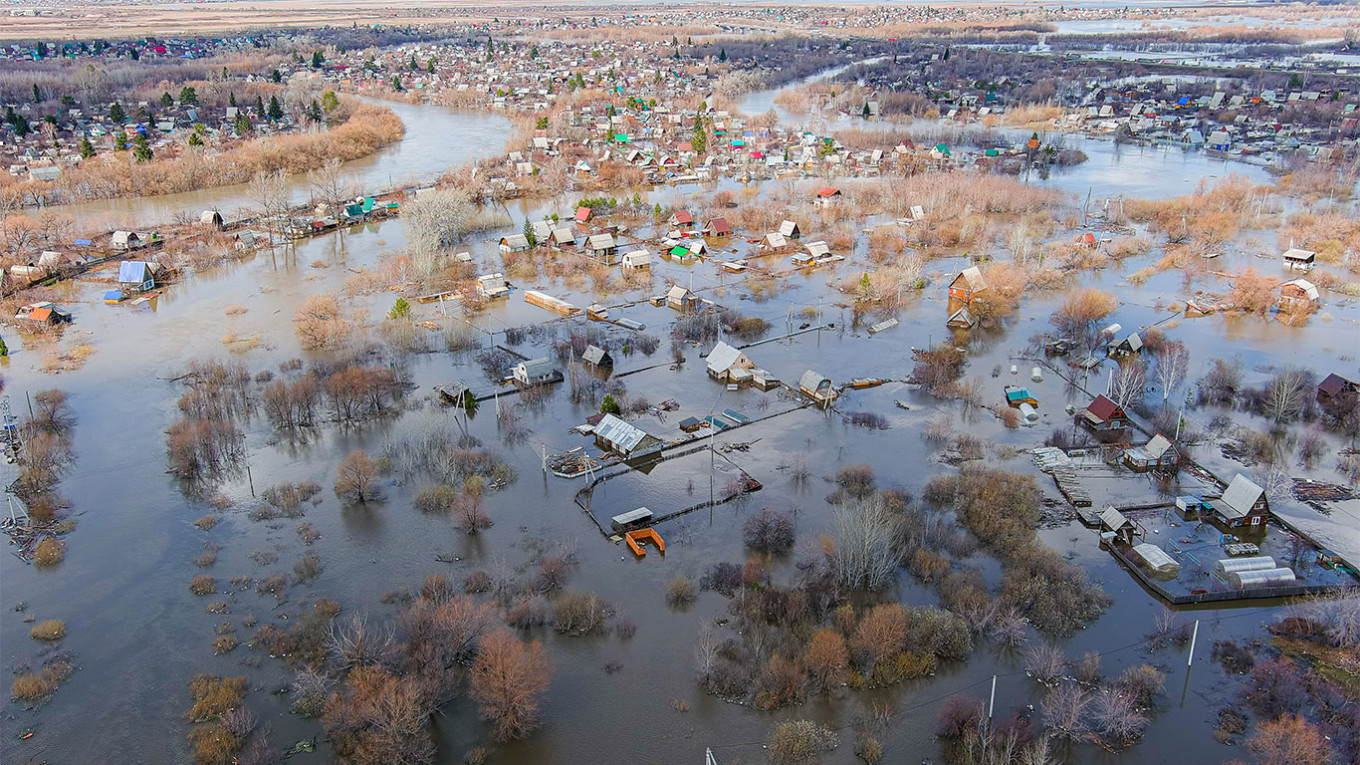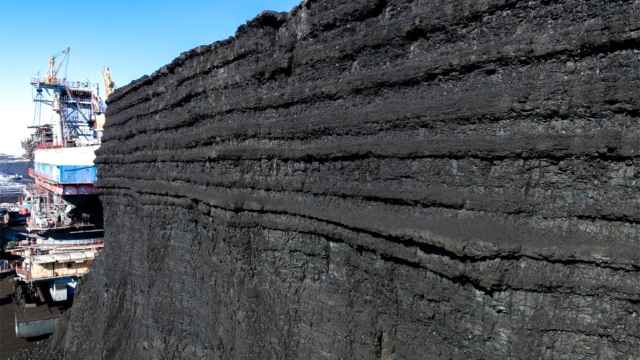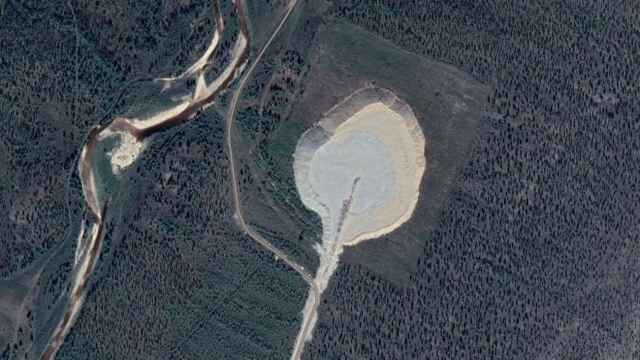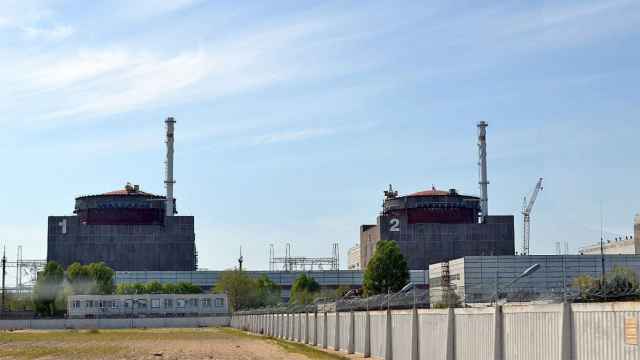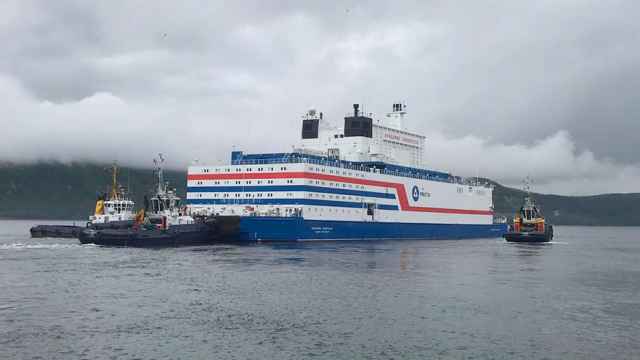Updated to add Rosatom's statement.
Russia’s worst flooding in decades has submerged Soviet-era uranium mines in the Kurgan region, the investigative news outlet Agentstvo reported Monday, sparking fears that radioactive and chemical pollution could seep into the Tobol River.
State nuclear agency Rosatom, whose subsidiary operates the mines at the Dobrovolnoye uranium deposit, denied that its mining facilities were impacted by the flood.
Agentsvo reported that the Dobrovolnoye deposit is located within the flood zone in Kurgan's Zverinogolovsky district, citing a map published by local authorities on April 11, environmentalists and videos published by local residents.
The hundreds or even thousands of mine wells drilled into the deposit have compromised the natural protective barrier surrounding the uranium ore, Alexei Shvarts, the former head of Alexei Navalny's Kurgan regional office who previously worked on uranium mining issues, told Agentsvo.
As a result, environmentalists said the latest flooding may have sent radioactive substances into the river, potentially affecting hundreds of thousands of people living near the banks of the Tobol downstream.
Local ecologists said that the mines have been accumulating "radioactive sludge" for years, while authorities have ignored numerous public protests against continued uranium mining in this area, which is prone to spring flooding from the Tobol River.
Rosatom called the reports that its facilities were affected by the floods "deliberate misinformation."
"Contrary to recent claims by anti-nuclear interest groups, the floods in the Kurgan region have not affected the Dalur JSC facilities. The mining site is strategically situated on elevated terrain, far removed from floodwaters, and has remained unaffected. Water levels in the Zverinogolovsky district are currently receding," Rosatom said in a statement emailed to The Moscow Times.
The agency said it was working alongside local authorities and Russia's emergencies ministry to monitor the flood situation.
"There is no evidence whatsoever of any contamination of water content," the statement said.
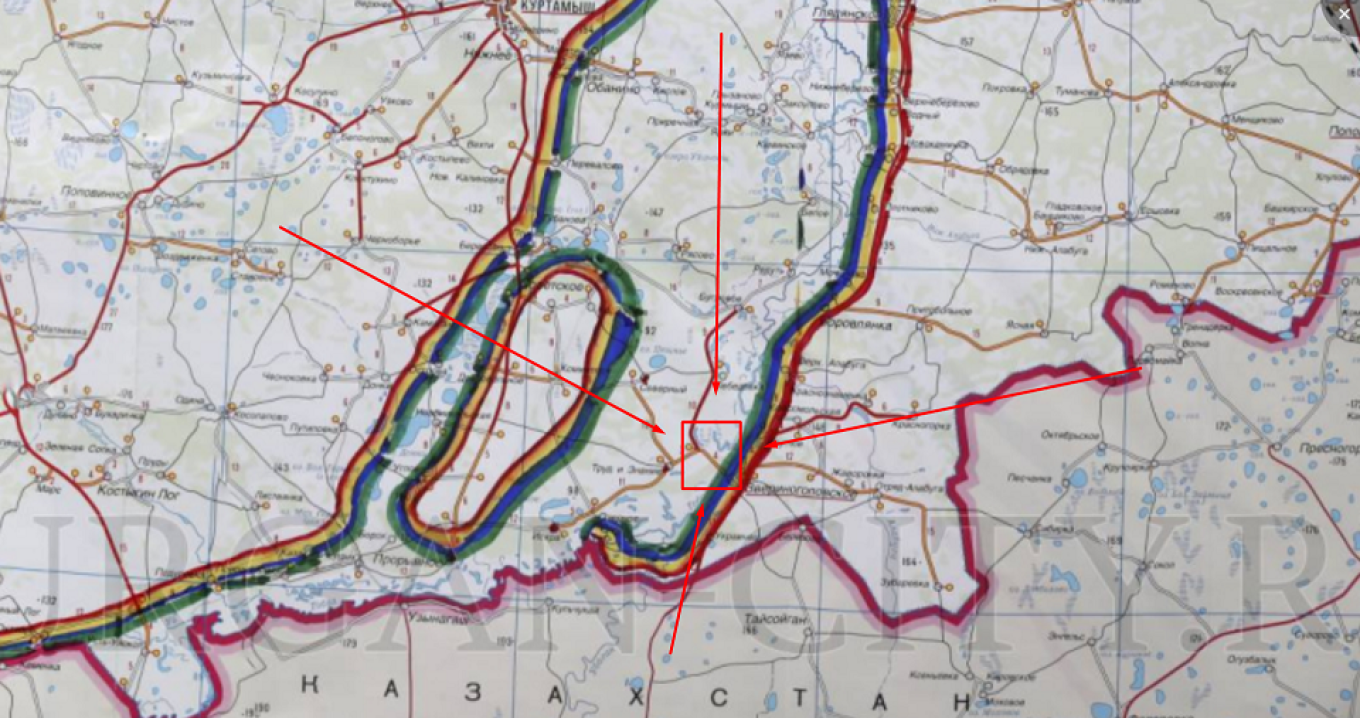
Andrei Ozharovsky, a nuclear physicist and antinuclear campaigner, told The Moscow Times that these mines, which were built in the 1980s, were previously flooded in 1994.
According to Ozharovsky, who surveyed the area several years ago, some wells that were not properly sealed now leak a radioactive solution of uranium salts, which has potentially made its way into the river.
Given that uranium is both radioactive and toxic, similar to other heavy metals, its presence in a river used for drinking purposes would pose a threat even in small concentrations.
"Of course, the Tobol is a huge river, and so this solution has been greatly diluted. But the concentrations are higher than usual,” Ozharovsky said.
“This is undoubtedly dangerous because some people will drink this water, and uranium will enter their bodies. And internal radiation exposure is much more dangerous than external exposure," he said.
Rosatom has previously dismissed protests against uranium mining at Dobrovolskoye as "radiophobia combined with ignorance," claiming that the deposit is fully isolated from the Tobol River by natural barriers and ruling out potential leaks and river contamination.
A Message from The Moscow Times:
Dear readers,
We are facing unprecedented challenges. Russia's Prosecutor General's Office has designated The Moscow Times as an "undesirable" organization, criminalizing our work and putting our staff at risk of prosecution. This follows our earlier unjust labeling as a "foreign agent."
These actions are direct attempts to silence independent journalism in Russia. The authorities claim our work "discredits the decisions of the Russian leadership." We see things differently: we strive to provide accurate, unbiased reporting on Russia.
We, the journalists of The Moscow Times, refuse to be silenced. But to continue our work, we need your help.
Your support, no matter how small, makes a world of difference. If you can, please support us monthly starting from just $2. It's quick to set up, and every contribution makes a significant impact.
By supporting The Moscow Times, you're defending open, independent journalism in the face of repression. Thank you for standing with us.
Remind me later.


